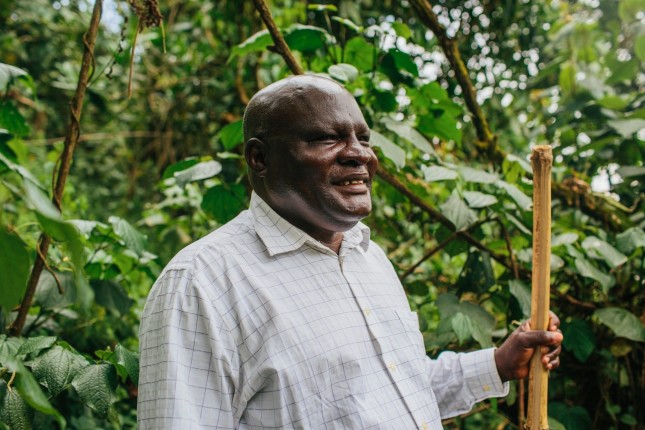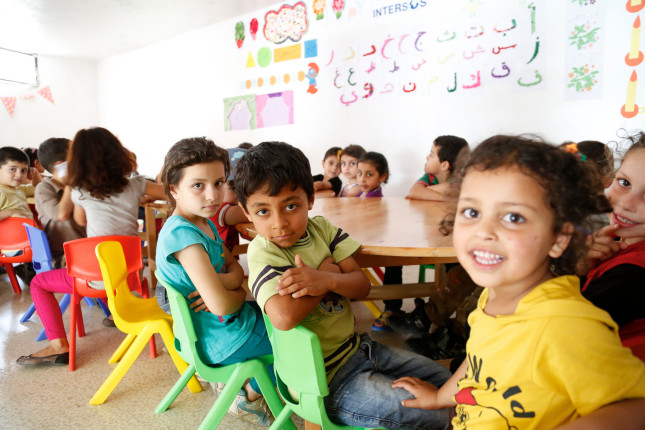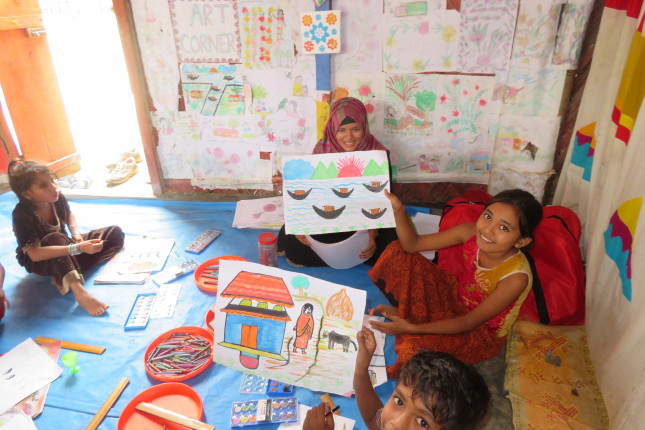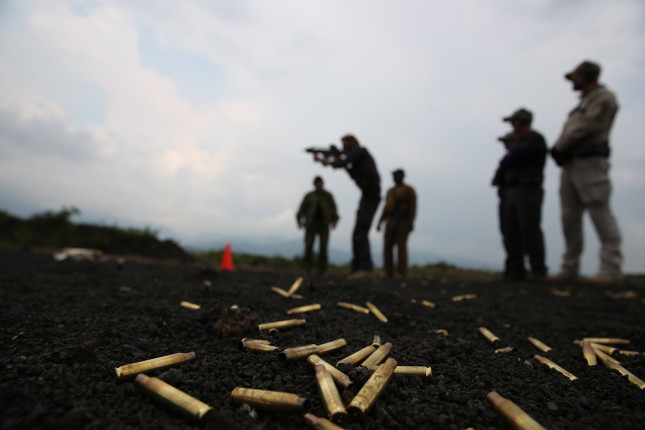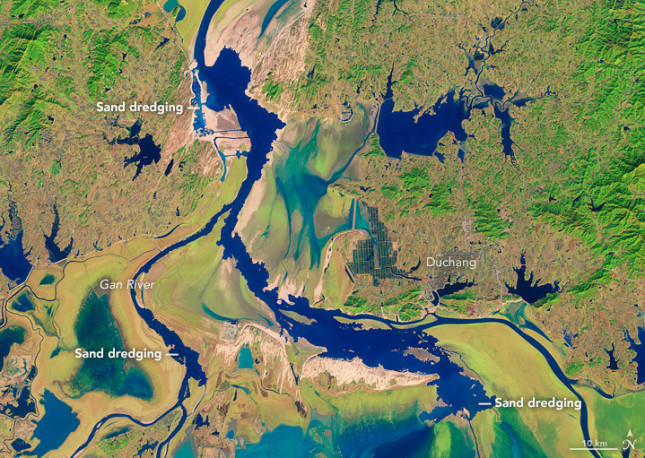-
Ageing Populations Could Create a Care Crisis—Or Millions of Jobs
›
The silver tsunami is approaching: Many countries, not all of them rich, are facing the challenges of an ageing population thanks to growing life expectancies and shrinking birth rates.
-
“The River Belongs to the People”: Building Cooperation in the Mara River Basin
›
Water engineer Gordon Mumbo of USAID’s Sustainable Water Partnership grew up in the small Kenyan village of Kamuga. Year after year, he watched as frequent floods from one of Kenya’s major rivers, the Nyando, disrupted village life. After 30 years of a wide-ranging career in water, for the first time since his childhood, he has returned to his birthplace, where he leads a team building community engagement in the Mara River basin.
-
An Investment in Peace: EU Unveils a New Plan to Support Education During Emergencies
›
Last May, the European Union announced an ambitious plan to dedicate 10 percent of its 2019 humanitarian aid budget to education during emergencies. At the same time the European Commission released its first policy on education in emergencies, observing that “access to quality education is being denied to millions of children by increasingly protracted conflicts, forced displacement, violence, climate change and disasters.” As a result, the Commission notes, “uneducated, lost generations” have been forced “to embark on perilous journeys to Europe and other regions of the world, affecting their stability and development.” The European Union’s announcement is a welcome development for global education, which has received scant attention from international aid agencies and languished at the margins of the international humanitarian agenda.
-
Rohingya Refugees and Bangladesh’s Infamous Monsoon: A Story of Survival
›
When I arrived at Bangladesh’s Cox’s Bazar in July, the infamous monsoon was well underway. The rain was intense, roads were muddy, and it was very difficult to move around. Cox’s Bazar—the closest big town to the Rohingya refugee camps—is now the base city for most of the humanitarian agencies working with the refugees. The distance between Cox’s Bazar and Kutupalong Camp—the world’s largest refugee camp—is barely 30 kilometers. However, due to the rain and the area’s hilly terrain, it seemed like it took ages to get there.
-
Separatist Conflicts Persist, While Revolutions Just “Age Away”
›
The research presented in this article was subsequently published in a peer-reviewed article: https://link.springer.com/chapter/10.1007/978-3-030-73065-9_3
The Kurdish people’s century-long quest for self-determination reveals a key aspect of ethnic separatist conflicts. Ideas of nationhood can endure for generations, unifying people across borders and often making separatist conflicts hard to resolve. But how much harder is it to resolve separatist conflicts than other violent, non-territorial intra-state wars (such as political revolutions)? In practical terms, how much longer, on average, can policymakers expect separatist conflicts to persist and reoccur than the typical political revolution? These are tough questions. Surprisingly, demography helps us find the answers.
-
Green Conflict Minerals: Investigating Renewable Energy Supply Chains in Fragile States
›
The shift to a low-carbon economy is not only underway, it is accelerating. Last year, Costa Rica generated more than 99 percent of its electricity using renewable sources; Germany expanded its onshore wind power capacity by 5,300 MW, and in the United States, more than 62 percent of new power plants under construction will produce renewable energy. What does this rapid increase mean for the countries that supply the inputs required to build these new facilities—particularly those countries that are struggling with fragility or corruption?
-
The Crushing Environmental Impact of China’s Cement Industry
›
China—the world’s fastest-growing economy with the largest population—leads the world in cement production, the critical ingredient that has built China’s mammoth cities, sprawling roads, and other infrastructure. China pours 60 percent of the world’s cement; the country’s production in 2011-2013 surpassed U.S. production for the entire 20th century. While it paved the way for Chinese growth, it came at a dangerous cost: 1.6 million Chinese citizens die each year from respiratory illnesses linked to small particulate matter emissions, of which 27 percent come from cement production.
-
As Andean Glaciers Retreat, So Does Regional Security
›
Last month, Bolivia filed a counterclaim against Chile in the International Court of Justice—the latest salvo in their battle over rights to the waters of the Silala River. The court will decide whether Silala is “an international watercourse”—thus granting water rights to Chilean mining operations—or simply an artificial diversion of Bolivian spring water by Chile. This legal case marks the latest chapter in Bolivia and Chile’s historically delicate relationship, which dates back to the War of the Pacific in the late 19th century.
Showing posts from category development.


